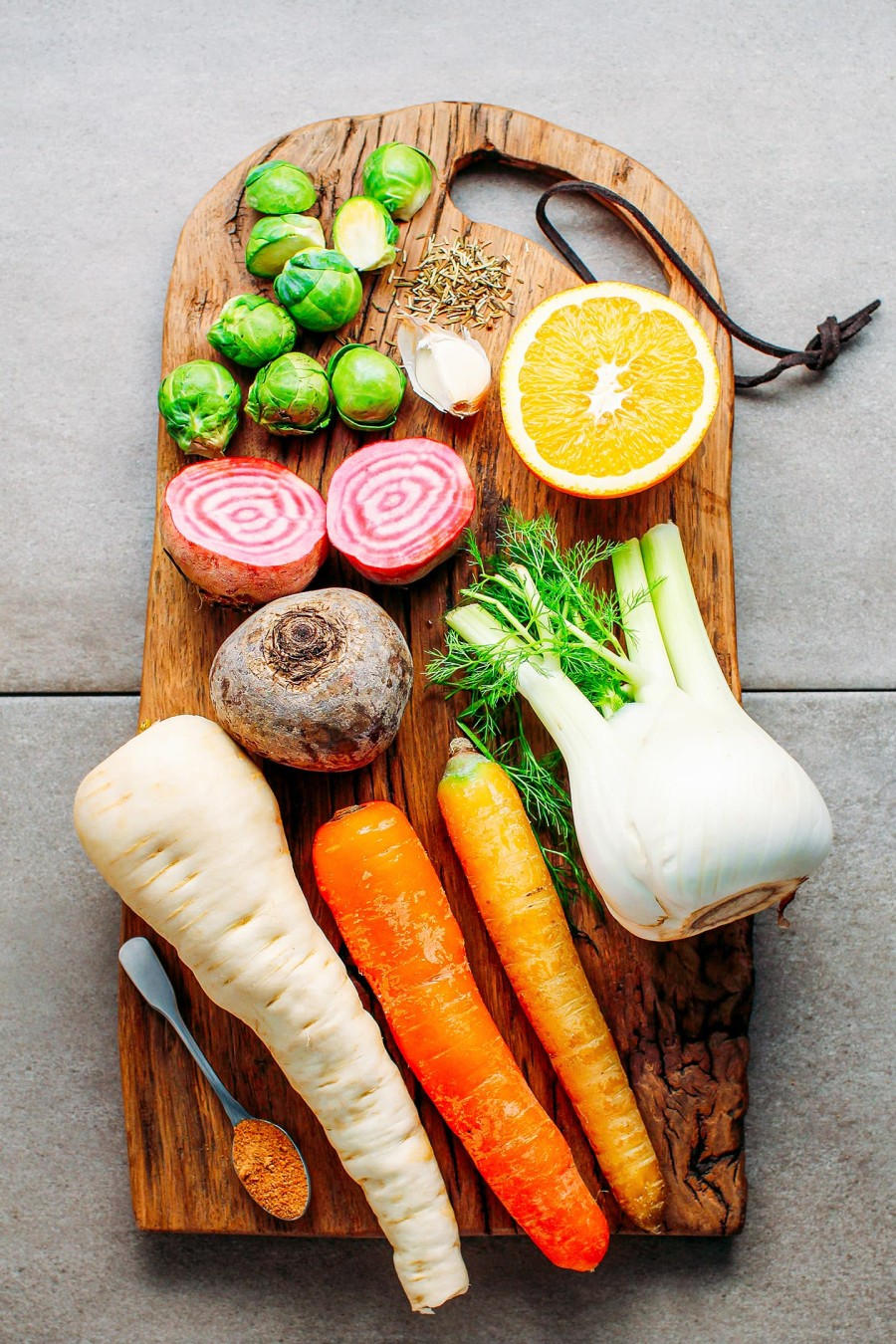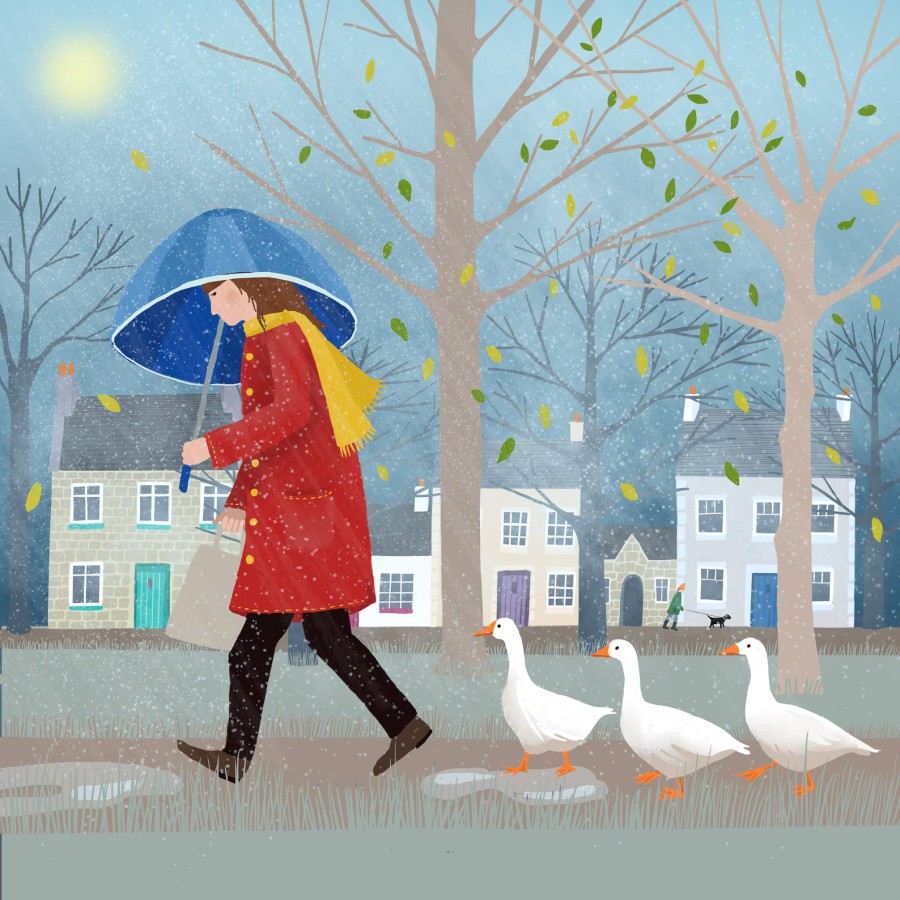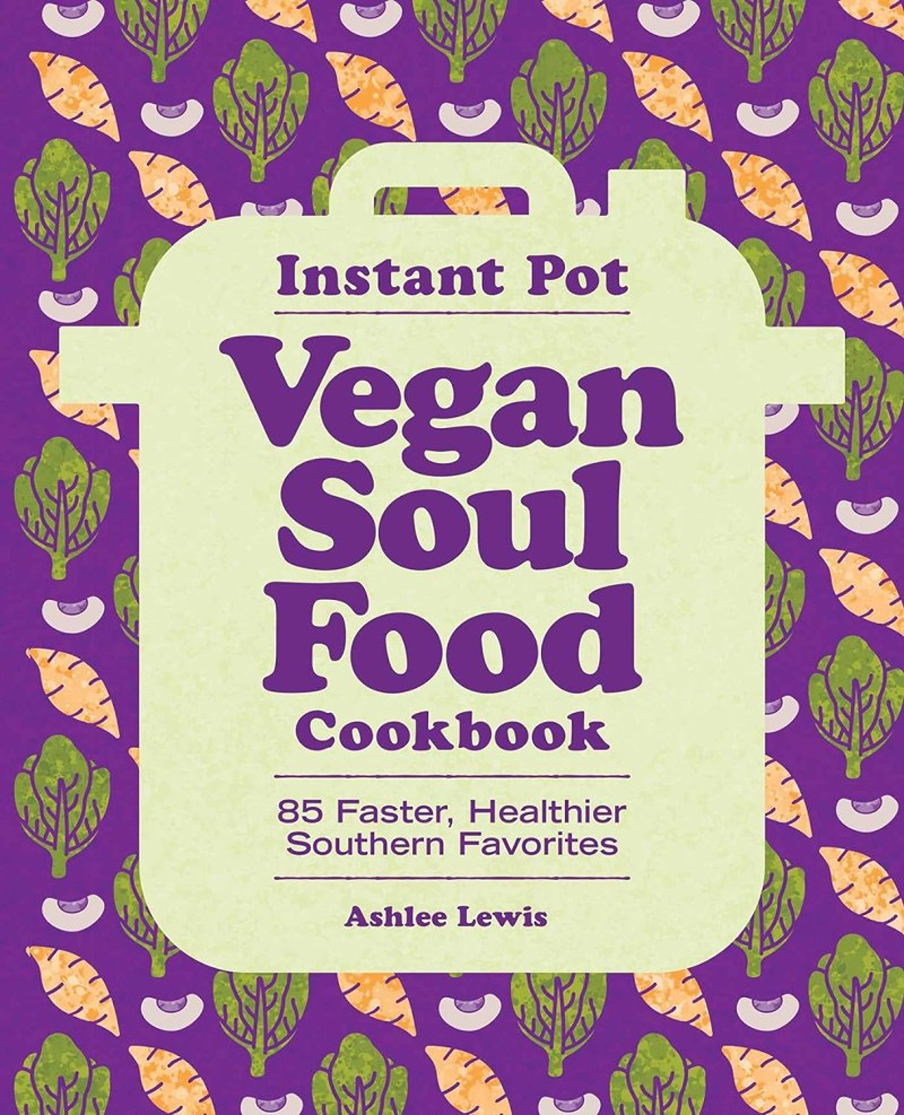
Organic veg box schemes are a great way to support your local farmers, while getting good local produce (with no plastic packaging) at the same time. Just find a local farmer who grows local food, then sign up. You can usually have a few try-outs before you subscribe to weekly or fortnightly boxes. Once signed up, you can usually say any dislikes (in case you don’t like Brussels sprouts!) and you’ll get a sub. But overall the boxes are surprises, as obviously it’s designed to use up whatever’s in season. Find an organic veg box scheme.
The Community Farm offers affordable veg boxes from a non-profit in Bristol, with most food grown organically on a nearby farm, delivered in plastic-free boxes. This ethos enables them to provide rich habitats for wildlife – in this case deer, badgers, stoats and plenty of bird friends (skylarks, woodpeckers, lapwings, yellowhammers, buzzard and kestrels).
You can postpone orders for holidays, and then just pick up when you get back. Some areas run community-supported-agriculture schemes. These work by paying the farmer in advance. It’s a slight risk (in case the harvest fails). But then the farmer can get on with what he or she does best – growing food. Rather than worrying about selling to the highest-bidding supermarket. At the end of the season, you simply turn up and collect your food! Often the farms let children visit and it turns into a ‘day to see where your food grows’, often with wassailing events and more. Find or start a CSA scheme.
save your local indie greengrocer
There was a time when every town and village had an independent greengrocer, where you can buy fresh fruits and vegetables, taking your own reusable produce bags. Obviously it’s not always possible (and most people still have to buy from mass supermarkets, so don’t feel guilty about it). But if you do have indie greengrocers near you that offer good produce, then try at least to buy some produce from them. If you don’t use them, you lose them. Use organic cotton produce bags.
There was a surprise during the pandemic, when there were huge queues outside indie greengrocers over supermarkets. Why? It’s simple. Because local food is easier to transport to shops. Most big supermarkets (even if they say they sell local produce) store food in central distribution houses, so it’s ferried by lorry down motorways to arrive at your door. Even if your ‘local strawberries’ were from down the road, in many cases they have been on a 200-mile trip from the farm to their fridges in factories, then back down the motorway again to land in the aisles.
Another reason why this is risky is that with rising oil prices, this puts prices up on your food (as well as encouraging climate change). Big fridges and lorries need oil, and obviously this (and plastic packaging) is all added to the price of your punnet of plums. It also affects availablity. If there is a frost in Spain or North Africa, this means the supermarkets end up with less imports of cucumbers, apples and tomatoes – produce that we can easily grow here.
a few good veg box schemes to inspire
Growing Communities (Hackney) has been going for years, and is the ‘gold standard’ on how to run a veg box scheme. From £9 a week, locals can choose their fruits and vegs (with discounts for pensioners and Healthy Start Voucher recipients), then you collect from 30 pick-up points that stops road traffic and also keeps costs low. Just turn up to collect (the largest drop-off also offers freshly-baked bread. Produce is harvested by farmers on Mondays and Tuesdays, then packed and delivered on Wednesdays and Thursdays, along with a weekly email of recipes. You pay a month in advice to guarantee a steady income for them and the small-scale farmers.
Kentish Town Veg Box (London) offers organic food from small-scale farms, delivered to residents in Camden and Islington. Farmers get 60% of each pound spent (compared to 10% in supermarkets). There is also a low-income discount for people who need it.
Cambridge Organic is the oldest veg box in England, situated in the heart of the fertile Fens, where nearly all of England’s food is grown. Delivery is kept local to keep food miles low, with no plans to becoming a massive national box scheme.
‘glean’ leftover farm food to those in need
Veg Box Donation Scheme is a Christian organisation that delivers free leftover veggies in the Bedfordshire area. The organisation is based on an ancient Biblical custom of ‘not reaping the corners of a field nor going over the field again after the first harvest’ to let those in need, ‘glean’ what’s left behind. The food often comes from excess produce grown on local allotments, which are dropped off to give to those in need. Download a free Gleaning Toolkit to start something similar in your area, to deliver excess farm food that would otherwise go to waste.
local organic food in Worcestershire
The Fold is a community-supported-agriculture scheme, where members receive a share of the harvest (in the form of organic veg boxes). The farm (between Malvern and Worcester) grows no-dig food on nearly 2 acres, with polytunnels to extend the growing season. Order home delivery (or collect in person) or visit monthly markets. Most items are sold loose, and you can reuse boxes and punnets. Unlike supermarkets, farmers are paid 50% of retail value.
Roots Family Farm Shop offers locally-grown organic vegetables to your door. Everything is picked by hand an in season, so more affordable. Crops include chard, beetroot, onions, leeks, potatoes and cut rosemary/sage.
Farm Direct Produce offers organic veg boxes, from a farm that’s been certified organic for over 25 years. Everything is harvested fresh from the field, a winter box containing potatoes, carrots, onions, parsnips, leeks and purple sprouting cabbage (or in summer, some produce switched for sweetcorn, lettuce, runner beans and courgettes).
Oxton Organics offers veg boxes from an organic farm on over 5 acres of local land. What was a bare field is now a thriving farm with no-dig veggie gardens, orchards and hedgerows that support local birds and wildlife. There are boxes of various sizes, add optional fresh salad, cooking greens, roots & herbs.
Dunkertons Organic Cider is worth a mention, as it uses apples from Worcestershire (plus Herefordshire and Gloucestershire) to make quality scrumpy including sweet and fresh ciders, Perry (made with pears) and canned and draught ciders.






